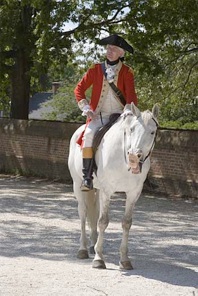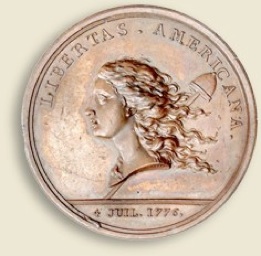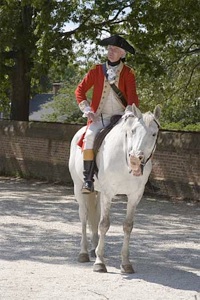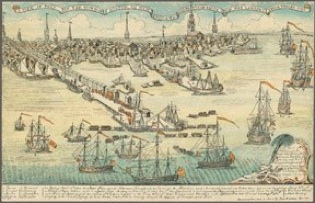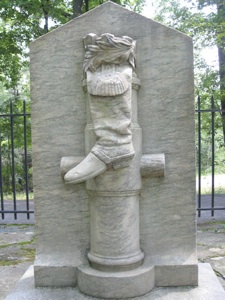The Meaning of Liberty
by
D.H.T.Shippey & Michael Burns
Benjamin Franklin once said, “Where Liberty dwells, there is my country.”
Powerful words…and slightly unsettling ones. Would Franklin have us believe that he was not wholly devoted to the United States? Or did he mean to suggest that if America abandoned Liberty it would no longer be his country? America was founded on the ideas of Independence, Justice, and most of all, Liberty. But when the founding generation spoke of Liberty did they mean the same thing we do when we speak the word? We know that the meaning and power of words can change over time. For example, once the word “Gentleman” meant a man who was above the rank of yeoman (laborer), or a person of high birth. Today, a gentleman is anyone who exhibits good manners. How too may the word Liberty have changed with time?
The Founders talk about Liberty and Freedom as two separate but connected ideals. Both of these words contain the idea of possessing the ability to exercise one’s will, and a power to choose. However, in many ways the words differ. Liberty comes from the Latin word libertas, which means “unbounded, unrestricted or released from constraint.” Libertas even contains the idea of being separate and independent. The English word Freedom can trace its roots to the Germanic or Norse word Frei, describing someone who belongs to a tribe and has the rights that go with belonging. This is something along the lines of the rights of membership. Besides freedom the root frei becomes the English word friend. These ideas of liberty and freedom came from Western Civilization, and for the most part are absent in other cultures before their contact with the West. In other non-western cultures we find that the opposite of slave is not free but master. (A great study of this was made in the book Liberty & Freedom by historian David Hacket Fischer.)
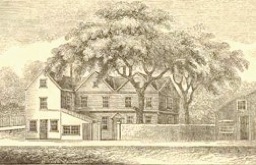
The Liberty Tree in Boston
For the Founders, Liberty was not new but, like their symbol the Liberty Tree, deeply rooted and long established among them. By 1776, some families had been in America for 170 years, and American Liberty was something they had always possessed. This is why when Thomas Jefferson writes the words of the Declaration of Independence, “We hold these truths to be self-evident, that all men are created equal, that they are endowed by their Creator with certain unalienable Rights, that among these are Life, Liberty and the pursuit of Happiness,” he refers to it as simply “An expression of the American mind.” They did not look at Independence as a quest for new Liberties but a revolt against a government bent on taking their Liberties away. Liberty is who they were.

